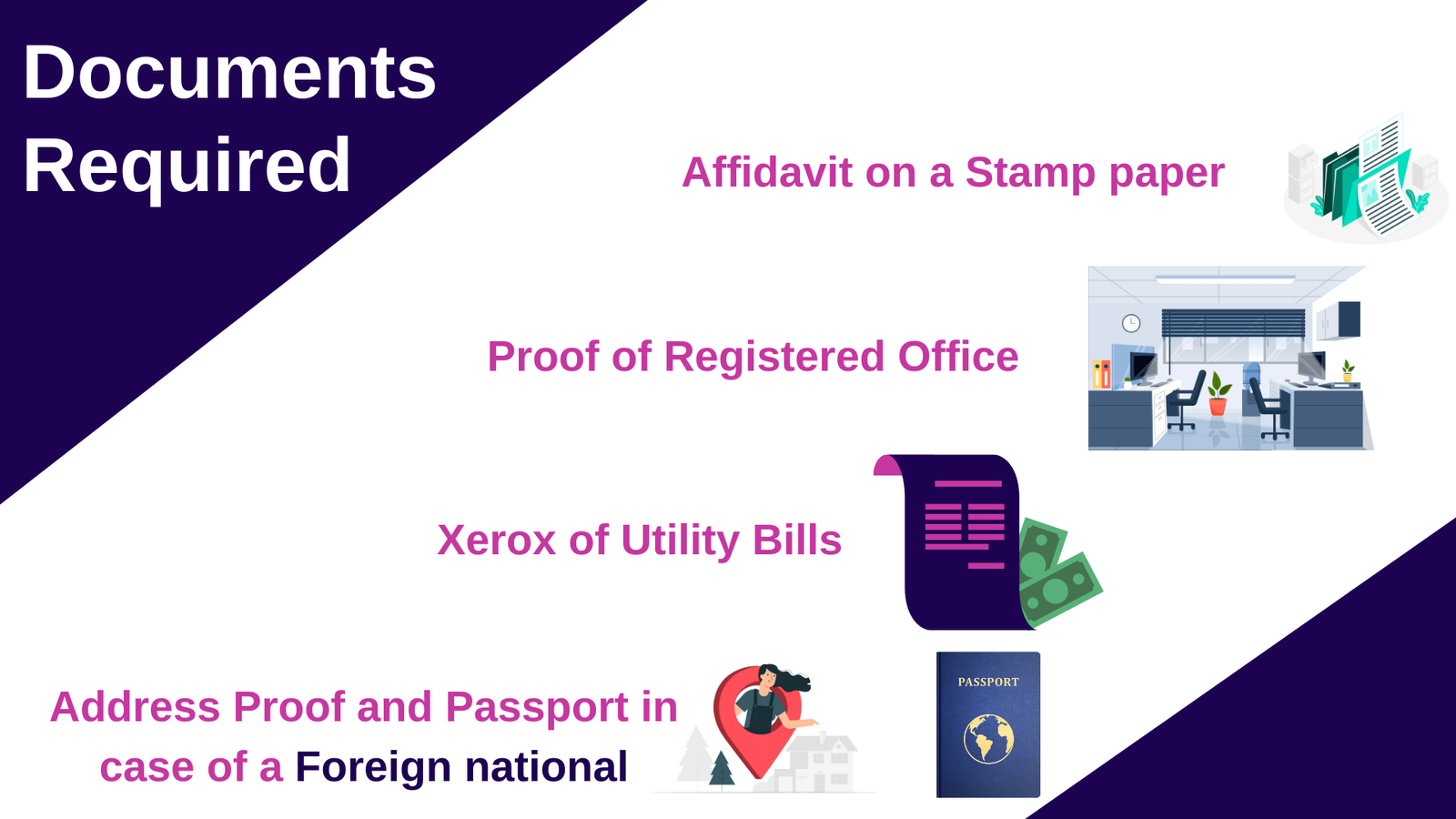Will Drafting and Registration
Why Choose Dastawezz ?

INTRODUCTION
In common parlance, the word will refers to the desire of something. In legal terms, it is somewhat similar. A will is a document which reflects the desire of an individual with regards to his property and assets. Such desire needs to be executed by a third person, after the death of the individual. Therefore, in brief, a will is a document that reflects the status of an individual’s properties and assets, after their death.
Common terms associated with Will are as follows:
- Testator: The author, or the person who is drawing/signing the will. The assets and properties dealt by a will, belong to the testator.
- Executor: An executor is a person, living or statutory, who execute a will, or makes sure that the desires of the deceased are performed as mentioned in the will.
- Probate: It refers to the certified copy of a will, with a seal of a competent court.
PROCESS
- Fix appointment with the sub-registrar: an appointment with the sub-registrar having jurisdiction needs to be taken. Jurisdiction is determined by the place of ordinary residence of the testator.
- Pay Registration Fees: The registration fee differs from state to state
- Visit the Sub-Registrar’s office: The testator, along with two witnesses, has to visit the sub-registrar’s office and sign the will and get it registered
- A certified copy can be collected within two to three weeks.

ADVANTAGES / FEATURES
A will would enforce and ensure smooth and quick transition of property from the deceased to the beneficiaries.
- In cases where there is no will, the allocation of property is judicially determined, which may take up years.
- Registering a will, enhances the authority it entails and leaves little to no room for dispute.
- There is a high possibility of contest in cases of non-registered wills.
Features
A will should contain the following:
- It should state the name of the testator, executor and witnesses, along with either their respective father’s name, or place of residence.
- It should clearly specify the intention of the testator with regards to his property.
- It should clearly specify the asset and property belonging to the to the testator.
- The testator should be off sound mind, that is, as per section 59 of the Indian succession act, 1925, the person making a will should not be in a state of intoxication or in a state where such person is incapable of understanding the consequences of the act.
- The testator should be above the age of 18.
- Usage of legal technical terms, which may be interpreted in different ways, should be avoided.
- Avoid leaving blank spaces.
- The will must be signed by two witnesses









 Users This Year : 2110
Users This Year : 2110